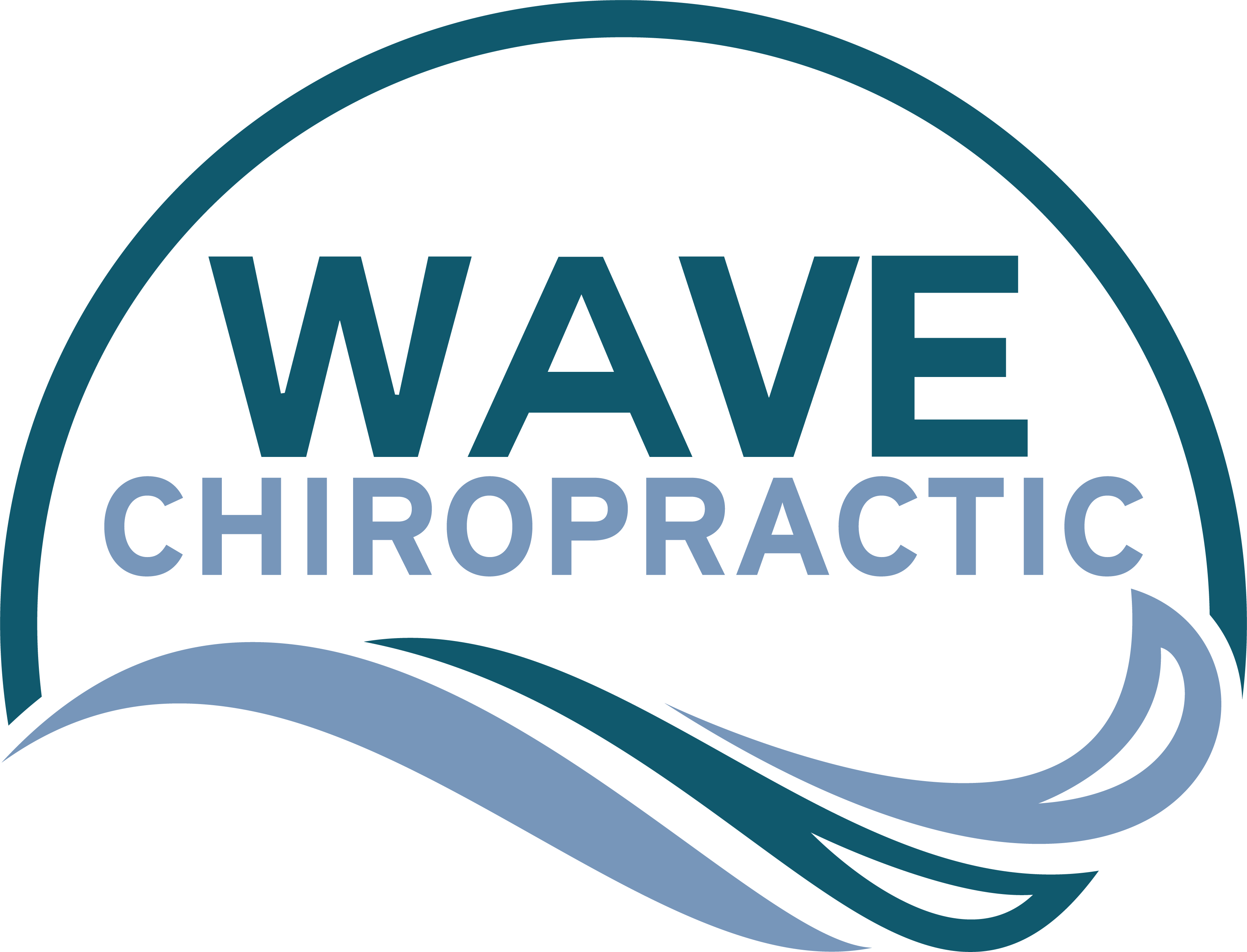If you're living with migraines, seeking professional care can be a pivotal step in managing your condition. By understanding your specific type of migraine and its triggers, you can receive a tailored approach that fits your lifestyle. Plus, access to effective treatments can drastically reduce the frequency and intensity of your headaches. But that's just the beginning—there are several compelling reasons to reflect on care that could transform your experience. Curious about how these factors can change your daily life? Let's explore further.
Improved Diagnosis and Understanding
When it comes to managing migraines, gaining a deeper understanding of your condition can be transformative. You might think you know what triggers your migraines, but a professional diagnosis can uncover nuances you hadn't considered. By consulting a healthcare provider, you'll get a clearer picture of your specific type of migraine, how often they occur, and their severity. This knowledge is essential for developing a tailored management plan.
Seeing a specialist can also help you identify potential comorbid conditions. For instance, many migraine sufferers also deal with anxiety, depression, or sleep disorders. By addressing these overlapping issues, you can improve your overall health and reduce the frequency of your migraines.
Plus, understanding the underlying mechanisms of your migraines can empower you to make informed lifestyle choices that might mitigate your symptoms.
Your healthcare provider might suggest keeping a migraine diary, where you track your symptoms, triggers, and treatments. This not only helps in recognizing patterns but also provides valuable information during your consultations.
With this data, your doctor can refine your diagnosis and adjust your treatment plan more effectively.
Access to Effective Treatments
Understanding your migraines is just the beginning; accessing effective treatments is key to managing your condition. When you seek care, you open the door to a variety of options tailored to your specific needs. Healthcare professionals can help you navigate through the latest treatments, from over-the-counter medications to prescription options and cutting-edge therapies.
Many people don't realize that effective treatments exist beyond traditional pain relievers. Your doctor may recommend preventive medications that can greatly reduce the frequency and severity of your migraines. These options often include beta-blockers, antidepressants, or anti-seizure medications.
Additionally, newer treatments, such as CGRP inhibitors, are specifically designed to target migraine pathways. Exploring these options can make a world of difference in your daily life.
It's also important to recognize that effective treatment isn't one-size-fits-all. What works for one person may not work for another, so working closely with your healthcare provider is essential. You'll be able to discuss your symptoms, lifestyle, and any side effects you experience, allowing for adjustments to your treatment plan as needed.
Don't underestimate the power of treatment accessibility. With the right support and resources, you can discover effective ways to manage your migraines and improve your quality of life.
Personalized Management Plans
Creating a personalized management plan for your migraines can greatly enhance your ability to cope with this condition. When you tailor a strategy specifically for you, you'll find that it not only addresses your unique triggers but also aligns with your lifestyle and preferences.
Start by keeping a detailed migraine diary, noting the frequency, duration, and intensity of your headaches, along with any potential triggers such as food, stress, or environmental factors. This information is invaluable for you and your healthcare provider.
Next, discuss your findings with a healthcare professional who specializes in migraines. They can help you identify patterns and develop strategies. Your management plan might include a combination of medications, lifestyle changes, and alternative therapies. You might find that specific medications are more effective for you, or that non-pharmacological approaches like cognitive behavioral therapy or biofeedback work better.
Don't forget to reflect on your daily habits. Incorporating regular exercise, a balanced diet, and adequate hydration can greatly influence your migraine frequency and severity. Establishing a consistent sleep schedule is also essential, as sleep disruptions can trigger attacks.
Lastly, remember that your plan isn't set in stone. Regularly review and adjust it based on your progress. What works for you today might change in the future, so stay proactive.
Prevention of Chronic Migraines
Chronic migraines can notably impact your daily life, making prevention a essential focus. To effectively reduce the frequency and severity of your migraines, you'll want to identify and manage triggers. Common triggers include stress, certain foods, dehydration, and lack of sleep. Keeping a migraine diary can help you pinpoint patterns and avoid those specific triggers.
In addition to avoiding triggers, establishing a consistent routine can greatly benefit you. Regular sleep patterns and meal times can stabilize your body's rhythm, minimizing the chances of a migraine attack. Incorporating relaxation techniques, such as yoga or meditation, can also reduce stress levels, which is crucial for migraine prevention.
Exercise plays an important role too. Engaging in regular physical activity can help regulate serotonin levels, which may alleviate headaches. Aim for moderate exercises like walking, cycling, or swimming, and make sure you stay hydrated throughout the day.
Consider discussing preventive medications with your healthcare provider. These medications can greatly reduce the frequency of migraines and help you maintain a better quality of life. Your doctor may also recommend supplements, such as magnesium or riboflavin, which have shown promise in reducing migraine occurrences.
Lastly, always listen to your body. If you notice a change in your migraine patterns or severity, seek care promptly. By taking proactive steps in prevention, you're not just reducing the occurrence of migraines; you're reclaiming control over your daily life and well-being.
Support and Resources Availability
Finding the right support and resources for migraines can greatly enhance your coping strategies and treatment outcomes. You don't have to face this challenge alone; numerous options are available to help you manage your condition effectively.
Connecting with the right communities and utilizing available resources can make a significant difference in your life.
Here are four valuable resources you should consider:
- Support Groups: Joining a migraine support group can help you share experiences, gain insights, and find emotional support from people who truly understand what you're going through.
- Professional Counseling: A therapist specializing in chronic pain can provide coping techniques and emotional support, helping you navigate the psychological aspects of living with migraines.
- Educational Websites: Websites like the Migraine Research Foundation or the American Migraine Foundation offer reliable information on treatment options, research updates, and management strategies that can empower you.
- Mobile Apps: Many apps are designed to help track your migraine triggers and symptoms. These tools can assist you in identifying patterns and communicating effectively with your healthcare provider.
Conclusion
Seeking care for your migraines is essential for improving your quality of life. With a proper diagnosis, you can understand your triggers and access effective treatments tailored just for you. Personalized management plans will help you navigate your unique situation, potentially preventing chronic migraines. Plus, the support and resources available can offer you coping strategies and emotional relief. Don't hesitate to reach out for help—taking this step can make a significant difference in managing your migraines.

